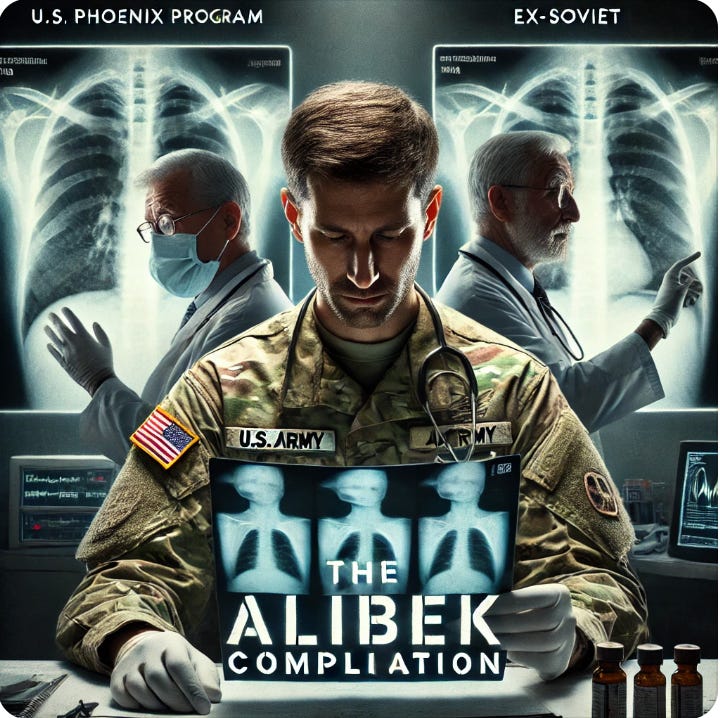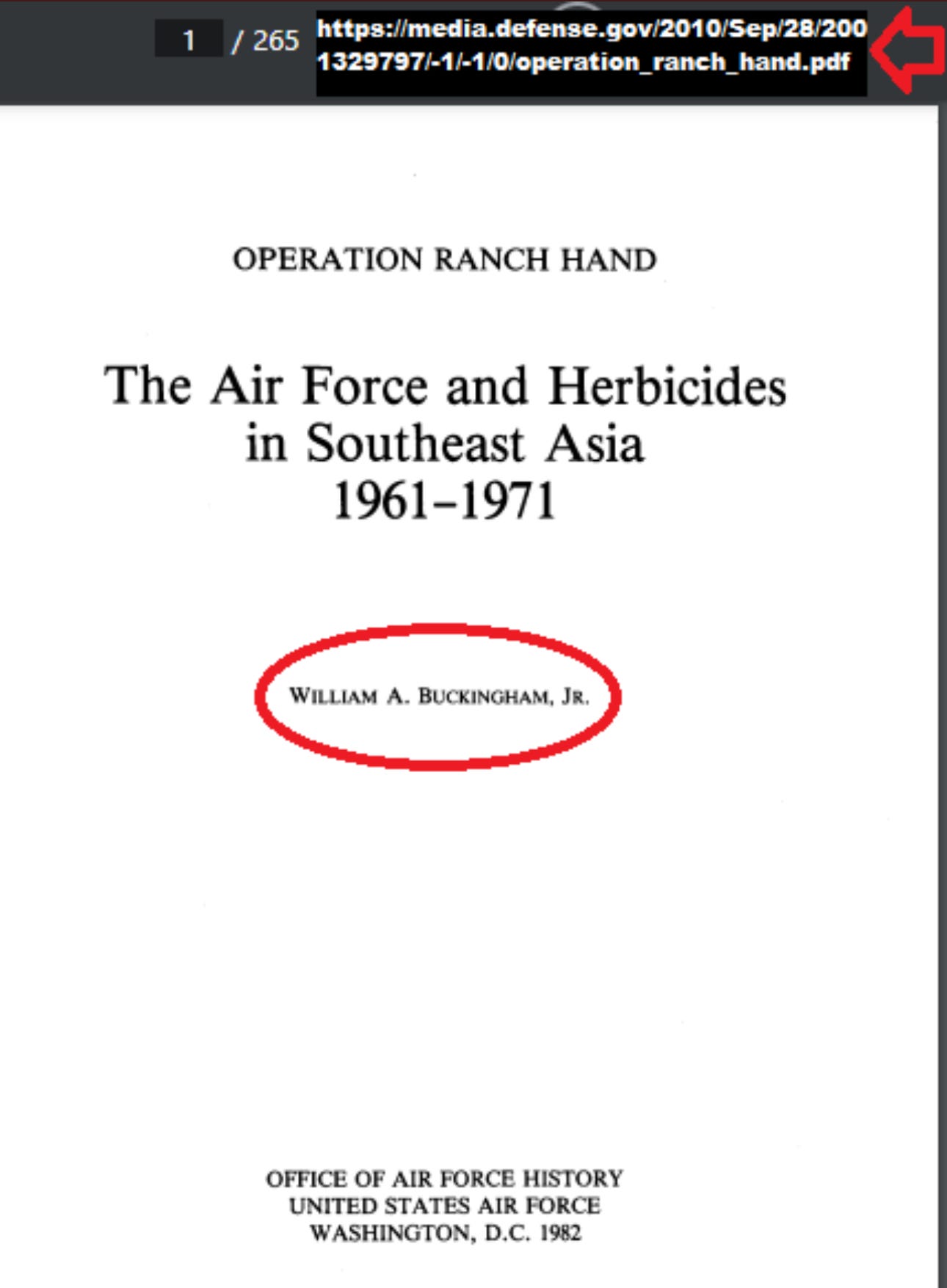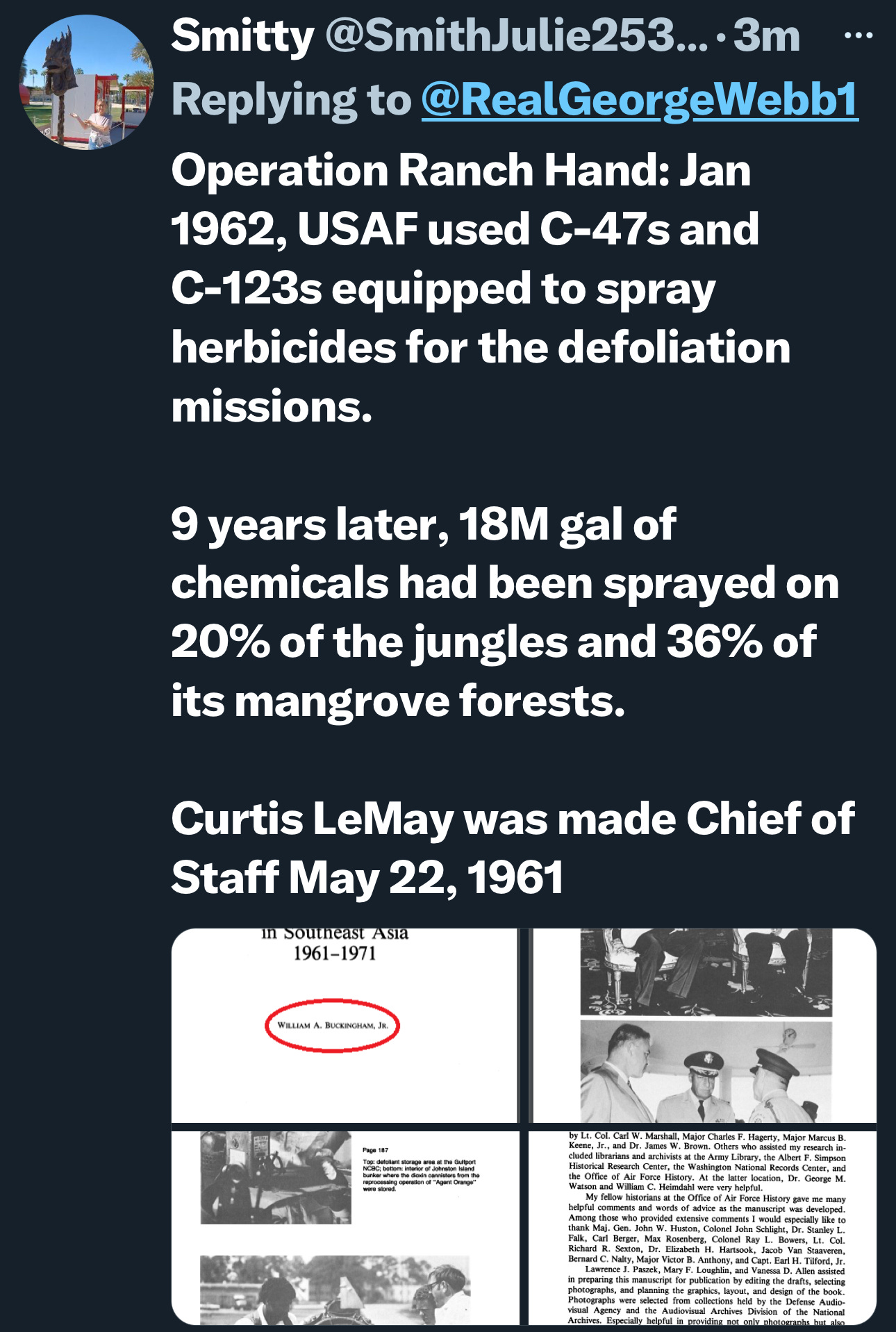The Danny Casolaro story could be called “A Lot Of Chips Now,” in which the Chicago Mob gets a foothold in Indio, California, and the Chicago Outfit commercializes all the technology developed in Vietnam as it returns to California after the War.
Actually, the Chicago Mob did wait until the end of the Vietnam War to start commercializing DARPA research projects from Indio; they started with the death of John F. Kennedy in 1963 with projects like Henry Crown’s General Dynamic Mercenaries in Vietnam.
But “Viet-Fornia” or “Cali-Nam” started in earnest when Hollywood mogul Lew Wasserman, his All-American spokesman the Governor of California on January 2nd, 1967.
The first problem Reagan would tackle was quelling the protests on California’s college campuses, and trusty advisor Ed Meese was a great inspiration. Why don’t we use the Phoenix Program in Vietnam to track the California campus agitators? We will talk about Lew Wasserman and Litton Industries later.
RAND Corporation and retired Joint Chiefs of Staff General Curtis LeMay wrote the “Phoenix-fornia” plan, which Ted Gunderson of the FBI implemented primarily in Los Angeles as COINTELPRO. This was a “Rand Brand” for terrorists and subversives, whether they lived on the Ho Chi Min Trail or on Route 101 along the California beaches.
The program also became nationalized in 1967 as a model for quelling dissent on college campuses nationwide.
https://www.jstor.org/stable/3640829
The most controversial part of the Phoenix Program was the “biomarking” caused by the spraying of chemical and biological weapons by such industrial giants as Dow and Dupont and smaller CIA contractors like DynCorp with a program called “Operation Ranch Hand.”
What if dissident troublemakers on college campuses could be “biomarked” and tracked through the California Health And Welfare System? Reagan advisor Ed Meese had a plan for that, and he brought in the Phoenix Program expert, 1st Air Cavalry Medical Corps doctor Earl Brian. Just think of Robert Duvall in Apocalypse Now.
But instead of napalm, think of every other biological agent spray in Vietnam that could SPREAD among the infected population. That was Dr. Earl Winfrey Brian’s specialty.
He would be named to run Reagan’s Health And Welfare System in California in 1970, which would track all those biomarker protestors there.
Dr. Earl Brian was CIA through and through, and he would develop a biomarker track and trace system (CIA Brand?) for the CIA, not just for California but for the United States and the world.
https://www.latimes.com/archives/la-xpm-1988-02-22-fi-30117-story.html
Oh yeah, it is the basis of the DHS-FBI system used today, which Dr. Robert Malone gets involved with later on. See Robert Malone, Darrell Ricke, the new DNA Fingerprint, and ID Prism below.
But make no mistake about it. The program came from the Phoenix Program in Vietnam combined with Operation Ranch Hand, perfected in California.
Dr. Earl Brian will leave the California Health and Welfare System, but not before stealing 1,000 computer tapes with chest X-rays to form a company called Xonics. This company tracks biomarked lungs of California dissidents.
With the fall of the Soviet Union, Dr. Earl Brian’s company merges with two key Russian Anthrax scientists, Ken Alibek and Vladimir Pasechnik, to form Hadron.
And you guessed it, Danny Casolaro was caught in the middle of this “Hadron Collision” of CIA doctors from the Phoenix Program being joined by ex-Soviet doctors of the Russian BioPreparat program with his research into the company Hadron.
Alternatively, I call this the Alibek Complication that leads to Danny Casolaro's death because his research not only uncovers the Phoenix Program commercialization of US DARPA technology, but Casolaro’s delving into Hadron Soviet secrets of Anthrax make him a National Security risk.
Specifically, Casolaro uncovers the secrets of Stepnogorsk's medical records from the 1979 Anthrax accident that Vladimir Pasechnik had brought to MI6 in 1989, and these results were validated by Ken Alibek at Hadron in 1992. So, a more appropriate appellation is probably the “Pasechnik Disclosure”. This disclosure is also what gets Pasechnik killed just after 9/11.
I am at the byte limit of my substack here for email, but this article will continue after I send this part out.
The great Hollywood Creative Consultant Peter Duke believes that the movie “The Knife” is about the compromise of Ronald Reagan by Sidney Korshak, fixer for the Chicago Outfit along with Lew Wasserman playing the Hollywood Mogul agent for Reagan. Peter Duke worked for Lew Wasserman, so his opinion here is firsthand.
I watched The Big Knife last night. Unlike the lame
expert
critics, I think Jack Palance (Charles Castle) is playing Ronald Reagan, in an alternate reality recasting where Ronny tells Lew Wasserman that he won't stab the SAG membership in the back... I think Clifford Odettes and Ronnie both gave names to HUAC before Ronnie gave MCA (Lew/MCA) a de facto monopoly on TV series production... The director, Robert Aldrich, is the grandson of Nelson Aldrich, the Senate cutout for the Federal Reserve, and worked with Orson Wells at RKO. Interestingly, Aldrich seemed to take a professionals path in Hollywood, eschewing influence his family had in Hollywood.
Notes and citations -
Lew Wasserman was involved extensively in Merger and Acquistion activity for Litton Industries in Beverly Hills, California. Litton Bionetics located at Ft. Detrick is especially applicable to the biomarking technology from the Phoenix Program.
Litton Bionetics was a biomedical research and development company that played a significant role in several key areas of medical science from the 1960s through the 1980s. While the company did not produce consumer products, it made substantial contributions through research services, instrument development, and biological materials that advanced scientific understanding and medical technology. Here are some of their key developments:
Flow Cytometry Instruments: Litton Bionetics was involved in the early development of flow cytometry technology. Flow cytometers are critical instruments that allow researchers to sort and count cells in a fluid suspension, which is essential in immunology, oncology, and other biomedical fields.
Laboratory Animal Breeding and Supply: The company was a major provider of laboratory animals, including non-human primates, rodents, and other species used in biomedical research. They operated primate breeding facilities and supplied animals for studies in cancer, virology, and toxicology.
Cancer Research and Cell Lines: Under contracts with the National Cancer Institute (NCI), Litton Bionetics conducted extensive cancer research. They developed and provided cancer cell lines and viral agents that were crucial for understanding cancer mechanisms and testing potential treatments.
Virology and Vaccine Research: The company conducted research on various viruses, contributing to the development of vaccines and antiviral therapies. Their work included studies on retroviruses and other pathogens of significant medical concern.
Contract Research Services: Litton Bionetics offered a range of contract research services to government agencies and private sector clients. This included toxicology studies, pharmacology, environmental testing, and biological warfare defense research.
Biological and Chemical Defense Projects: Under government contracts, they participated in research related to biological and chemical defense. This work often required high-level biosafety laboratories and specialized expertise in handling hazardous agents.
Biomedical Software Development: They developed software tools for managing laboratory data and research workflows, which helped in organizing large-scale studies and data analysis.
Clinical Trial Support: Litton Bionetics provided support for clinical trials, including data management and logistical services, facilitating the progression of new drugs and therapies through the regulatory pipeline.
It's important to note that due to the nature of their work—often conducted under government contracts with confidentiality agreements—specific details about some projects and products are not publicly available. However, their contributions significantly advanced research in cancer, immunology, and infectious diseases.
Impact on Biomedical Research
Litton Bionetics played a pivotal role in supporting and advancing biomedical research during a critical period of scientific discovery. Their work aided in:
Advancing Cancer Research: By providing essential biological materials and conducting foundational studies, they helped in the understanding of cancer biology.
Enhancing Research Infrastructure: Their development of instruments and software improved research capabilities for many laboratories.
Supporting Public Health Initiatives: Through vaccine research and infectious disease studies, they contributed to efforts aimed at preventing and controlling diseases.
Controversies and Ethical Considerations
Some of Litton Bionetics' activities were subject to controversy, particularly regarding:
Animal Research Ethics: The use of animals in research raised ethical concerns and discussions about the treatment and welfare of laboratory animals.
Biological Warfare Research: Participation in defense-related projects involving hazardous agents led to debates about the ethical implications of such research.
Chicago Mob/Chicago Outfit: A criminal organization based in Chicago, Illinois, involved in various illegal activities since the early 20th century. [Reppetto, T. (2004). American Mafia: A History of Its Rise to Power. Henry Holt and Company.] ↩ ↩2
Indio, California: A city in Riverside County, located in the Coachella Valley of Southern California. [City of Indio official website.] ↩
DARPA: The Defense Advanced Research Projects Agency, responsible for the development of emerging technologies for military use. [DARPA official website.] ↩
John F. Kennedy: 35th President of the United States, assassinated in 1963. [The White House. "John F. Kennedy." Official website.] ↩
Henry Crown’s General Dynamics: Henry Crown was a major shareholder of General Dynamics, a defense contractor involved in military equipment production. [Crown Family Philanthropies official website.] ↩
George Webb's Indio - The CIA Mystery of Danny Casolaro: A publication by George Webb discussing the mysterious death of journalist Danny Casolaro. ↩
Lew Wasserman: Influential Hollywood agent and studio executive, head of MCA Inc. [Bruck, C. (1998). "The Personal Touch." The New Yorker.] ↩
Ronald Reagan: 40th President of the United States (1981–1989), Governor of California (1967–1975), and actor. [The White House. "Ronald Reagan." Official website.] ↩
Ed Meese: Edwin Meese III, U.S. Attorney General under President Reagan, advisor during Reagan's governorship. [The Heritage Foundation. "Edwin Meese III."] ↩
Phoenix Program: A CIA initiative during the Vietnam War aimed at identifying and neutralizing the Viet Cong infrastructure. [Valentine, D. (2000). The Phoenix Program. Open Road Media.] ↩
Litton Industries: A major defense contractor providing advanced electronic systems. [Litton Industries historical records.] ↩
RAND Corporation: A global policy think tank offering research and analysis to the U.S. Armed Forces. [RAND Corporation official website.] ↩
General Curtis LeMay: U.S. Air Force general known for his strategic bombing campaigns during WWII and the Cold War. [National Museum of the U.S. Air Force.] ↩
Ted Gunderson: Former FBI Special Agent in Charge of the Los Angeles field office, later associated with various conspiracy theories. [The New York Times. "Ted L. Gunderson, Senior F.B.I. Agent, Dies at 82."] ↩
COINTELPRO: Counter Intelligence Program by the FBI aimed at surveilling and disrupting domestic political organizations. [FBI Records: The Vault. "COINTELPRO."] ↩
Ho Chi Minh Trail: Network of trails used by North Vietnam to supply the Viet Cong during the Vietnam War. [History.com Editors. "Ho Chi Minh Trail." History.] ↩
Nationalization of Campus Dissent Quelling: Efforts in the late 1960s to suppress student protests across U.S. campuses. [Heineman, K. J. (1992). Campus Wars. NYU Press.] ↩
Dow Chemical Company: Manufacturer of chemicals including napalm and Agent Orange used during the Vietnam War. [Dow official website.] ↩
DuPont: Chemical company involved in various products, though less directly associated with Vietnam War defoliants. [DuPont official website.] ↩
DynCorp: Private military contractor providing services to the U.S. government. [DynCorp International official website.] ↩
Operation Ranch Hand: U.S. military operation (1962–1971) that sprayed defoliants over Vietnam. [Buckingham, W. A. Jr. (1982). Operation Ranch Hand. USAF.] ↩
Dr. Earl Brian: Businessman and former California health official; associated with the Inslaw affair. [U.S. House of Representatives Report on the Inslaw Affair.] ↩
Robert Duvall in "Apocalypse Now": Portrayed Lt. Col. Bill Kilgore, famous for the line about loving "the smell of napalm in the morning." [IMDb. "Apocalypse Now" (1979).] ↩
Dr. Earl Brian's CIA Association: Allegations exist about his involvement with intelligence operations, but verifiable evidence is limited. ↩
Dr. Robert Malone: Scientist known for his work on mRNA technology; has commented on biosecurity and defense. [Malone, R. W. (n.d.). Professional profile.] ↩
Xonics: Company specializing in medical imaging technology, active in the 1970s and 1980s. [Bloomberg. "Xonics Inc."] ↩
Ken Alibek: Former Soviet bioweapons expert who defected to the U.S. in 1992. [Alibek, K. (1999). Biohazard. Random House.] ↩
Vladimir Pasechnik: Soviet microbiologist who defected to the UK, revealing details about the USSR's bioweapons program. [The Guardian. Obituary: Vladimir Pasechnik.] ↩
Hadron: A technology company; connections to these individuals are part of complex historical narratives. ↩
Danny Casolaro: Journalist investigating a supposed conspiracy he termed "The Octopus" before his death in 1991. [The Washington Post. "The Strange Death of Danny Casolaro."] ↩
Peter Duke: Photographer and media consultant with experience in Hollywood. [Peter Duke official website.] ↩
"The Big Knife": 1955 film noir drama directed by Robert Aldrich, exploring themes of personal integrity versus career success. [IMDb. "The Big Knife" (1955).] ↩
Sidney Korshak: Attorney reputed to have connections with organized crime and influence in Hollywood. [Russo, G. (2006). Supermob. Bloomsbury.] ↩
SAG: Screen Actors Guild, the labor union representing film and television actors. [SAG-AFTRA official website.] ↩
Clifford Odets: Playwright and screenwriter known for socially relevant works. [Encyclopedia Britannica. "Clifford Odets."] ↩
HUAC: House Un-American Activities Committee, conducted investigations into alleged communist activities. [History.com Editors. "HUAC." History.] ↩
Robert Aldrich: Film director known for his work on critically acclaimed films in various genres. [Encyclopedia Britannica. "Robert Aldrich."] ↩
Nelson Aldrich: U.S. Senator influential in monetary policy and the creation of the Federal Reserve. [Federal Reserve History. "Nelson W. Aldrich."] ↩
Orson Welles: Iconic filmmaker, actor, and writer, renowned for "Citizen Kane." [Encyclopedia Britannica. "Orson Welles."] ↩
RKO Pictures: Major Hollywood studio during the 1930s–1950s, produced and distributed films. [Encyclopedia Britannica. "RKO Radio Pictures, Inc."] ↩




























Litton Bionetics:
• Litton Bionetics was a key player in AIDS antibody testing and cancer research, being one of the first companies licensed to manufacture diagnostic tests for AIDS antibodies.
• It was also deeply involved in methods for inducing cancer in animals and possibly humans, which raised concerns about biowarfare.
• The reference to MK-NAOMI, a CIA program for developing biological weapons, ties Litton Bionetics to the ongoing biowarfare concerns at Fort Detrick, which played a significant role in Danny Casolaro’s investigation.
Biotech Capital Corporation and American Bionetics:
• Earl Brian controlled Biotech Capital Corporation, which housed American Bionetics, Inc., another company involved in AIDS antibody testing. Earl Brian also had a relationship with Edwin Meese, raising suspicions about corrupt connections, particularly with the PROMIS software theft.
Dr. Joseph Casolaro:
• Dr. Joseph Casolaro, Danny Casolaro’s father, was the founder of Bionetics and had a long career in biomedicine. His work, including cancer research and biowarfare connections, played an indirect role in Danny’s investigation.
• Dr. Casolaro also served on boards in banking and was a professor at Georgetown University Medical School.
• He owned businesses in Martinsburg, the same town where Danny later died. These businesses were dissolved for unknown reasons, adding a further layer of mystery to the family’s connections to powerful entities.
Michael Riconosciuto and His Father’s Involvement:
• Michael Riconosciuto, a key figure in the PROMIS software case, was an engineer and scientist with deep ties to intelligence and defense contracts. He allegedly reprogrammed the stolen PROMIS software to be used for covert intelligence operations, including tracking global financial transactions.
• Michael’s father, Marshall Riconosciuto, also had ties to government and intelligence operations. Marshall was connected to Wackenhut Corporation, which was involved in covert arms deals and security for military installations. This connection brought both father and son into the orbit of the clandestine activities linked to “The Octopus.”
• Michael Riconosciuto’s involvement in the Cabazon-Wackenhut Joint Venture, which was working on weapons and biowarfare projects under the guise of Indian reservation sovereignty, further entangled him in the darker aspects of the story Danny Casolaro was investigating.
Danny Casolaro’s Entry into the Octopus Investigation:
• PROMIS Software Heist: Danny’s investigation into “The Octopus” began with the government-sanctioned theft of the PROMIS software, with alleged involvement from the Department of Justice in a cover-up. This software, which was altered by Michael Riconosciuto, became a key part of the investigation.
• Connection to His Father’s Work: Danny’s investigation touched upon many areas related to his father, Dr. Joseph Casolaro’s, work, including biowarfare, cancer research, biotechnology, and intelligence operations.
• Dr. Casolaro’s Death and Bionetics’ First Contract: Dr. Joseph Casolaro died of leukemia in 1982, and it’s notable that the first contract Bionetics received was to study leukemia, adding an ironic twist to the story.
Bioweapons and Danny’s Fears:
• Concern About Bioweapons Targeting: Given the scope of his investigation, Danny became concerned that he had been targeted by bioweapons. This fear seems plausible, especially considering the biowarfare research tied to the subjects he was investigating.
• Autopsy and Health Concerns: Danny’s autopsy revealed that he had multiple sclerosis, further heightening his concerns about being targeted.
• Michael Riconosciuto’s Statement: In 1991, Michael Riconosciuto confirmed Danny’s concerns about his health, indicating that Danny believed he had been “hit” by the people involved in the bioweapons projects. Riconosciuto explained that Danny’s obsession with his investigation stemmed from these fears, which he had confided in Riconosciuto to encourage him to speak more about the biological warfare projects he had uncovered.